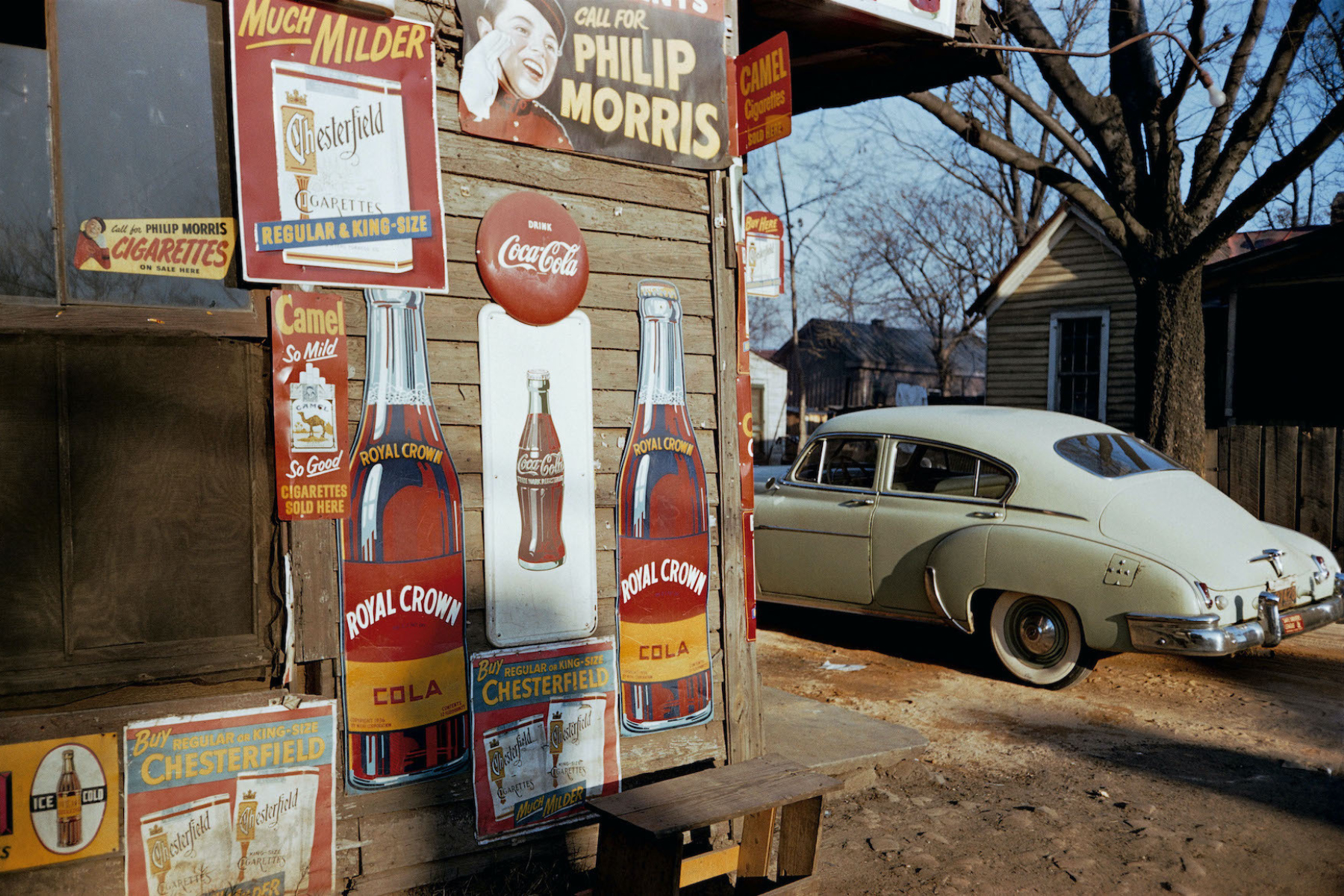
Werner Bischof: photographer, artist, witness
08.03.24 - 09.06.24 Ernst-Leitz-Museum-
Creative image-maker, engaged photojournalist and poetic storyteller: the exhibition at the Ernst Leitz Museum is presenting the full scope of Magnum photographer Werner Bischof’s (1916–1954) oeuvre. Despite his early death in a car accident in the Andes, when he was just 38, the precision of his compositions and the emotional aesthetics of his imagery have made Bischof one of the most important Swiss photographers of the 20th century. The selection put together for this elaborate museum presentation begins with the early days in Zurich, where, after completing studies in photography in 1936, he excelled as a studio photographer. As of 1945, his focus would be on his work as a photo documentarist. His assignments first took him through Europe; and then, after he joined the Magnum Photo Agency in 1949, around the world, until his tragic early death in 1954. The presentation also shows personal pieces that he produced, independent of his assignments.
The exhibition follows Bischof’s transformation from studio photographer to photojournalist. After graduating from the Zurich School of Applied Arts, he took pictures for fashion, advertising and exhibition design in his studio for "photo-graphics". Because of the upheavals of the war in the countries surrounding Switzerland, Bischof became increasingly dissatisfied with producing beautiful and perfect images. As of 1945, reportage trips took him initially through southern Germany, France and the Netherlands, on assignment for the humanitarian organisation Swiss Relief. He documented the destruction in Europe and the help being given to the victims of war. Once he joined the still-relatively-new Magnum Photos Agency, he was nearly constantly on the move. His travels took him through Eastern Europe; followed by India, Japan, Korea, Hong Kong, Indochina and, eventually, North and South America. Bischof tried to counter his sense of restlessness with his prefered long-term projects, aiming to create large series or photo books. His final journey through South America was defined by both tasks: on the one hand, to deliver saleable agency pictures; and, on the other, to find more universal motifs, which would say more about the world than individual magazine photos could. Bischof’s rapidly ascending career came to an abrupt end on 16th May 1954: the Northern Mining Company car he was travelling in plunged into a ravine in the Peruvian Andes. The Peruvian driver, a Swiss geologist friend and the photographer all died in the accident. The exhibition at the Ernst Leitz Museum offers comprehensive insight into Bischof’s huge archive, which has been preserved and cared for by his family and remains a treasure for the history of 20th century photography. In addition to many now iconic images – such as the flute-playing youngster or the Shinto priests in the snow – there are many heretofore unknown motifs and documents to discover, all testifying to the photographer’s great humanity and precise eye.
Biography:
Born on 26th April 1916, Werner Bischof gave up his wish to become a painter, in favour of taking photography classes with Hans Finsler at the Zurich School of Applied Arts (1932–1936). He then took on advertising assignments and established his own studio. As of 1942, his work was published regularly in the Swiss magazine Du. After 1945, he turned to photojournalism, joining the Magnum Photos cooperative in 1949. In 1951, he spent six months in India on assignment for LIFE; 1951/52 took him to Japan for a year; in 1952, he was a war correspondent in Indochina; in 1953, he spent four months in the USA, and then travelled through South America, reporting for Magnum Photos. On 16th May 1954, Bischof died in a car accident in Peru. Over the following decades, his wife Rosellina, whom he had married in 1949, and his sons Marco (born 1950) and Daniel (born nine days after Bischof’s death) have looked after his estate and his archive. The exhibition in Wetzlar was put together in close collaboration with Marco Bischof and Tania Kuhn of the Werner Bischof Estate, Zurich.
-
Öffnungszeiten & Preise
Montag bis Sonntag von 10 bis 18 Uhr
Preise
Erwachsene 11,- Euro Kinder bis 8 Jahre Freier Eintritt Ermäßigt* 4,- Euro Familien 24,- Euro Jahreskarte 29,- Euro
